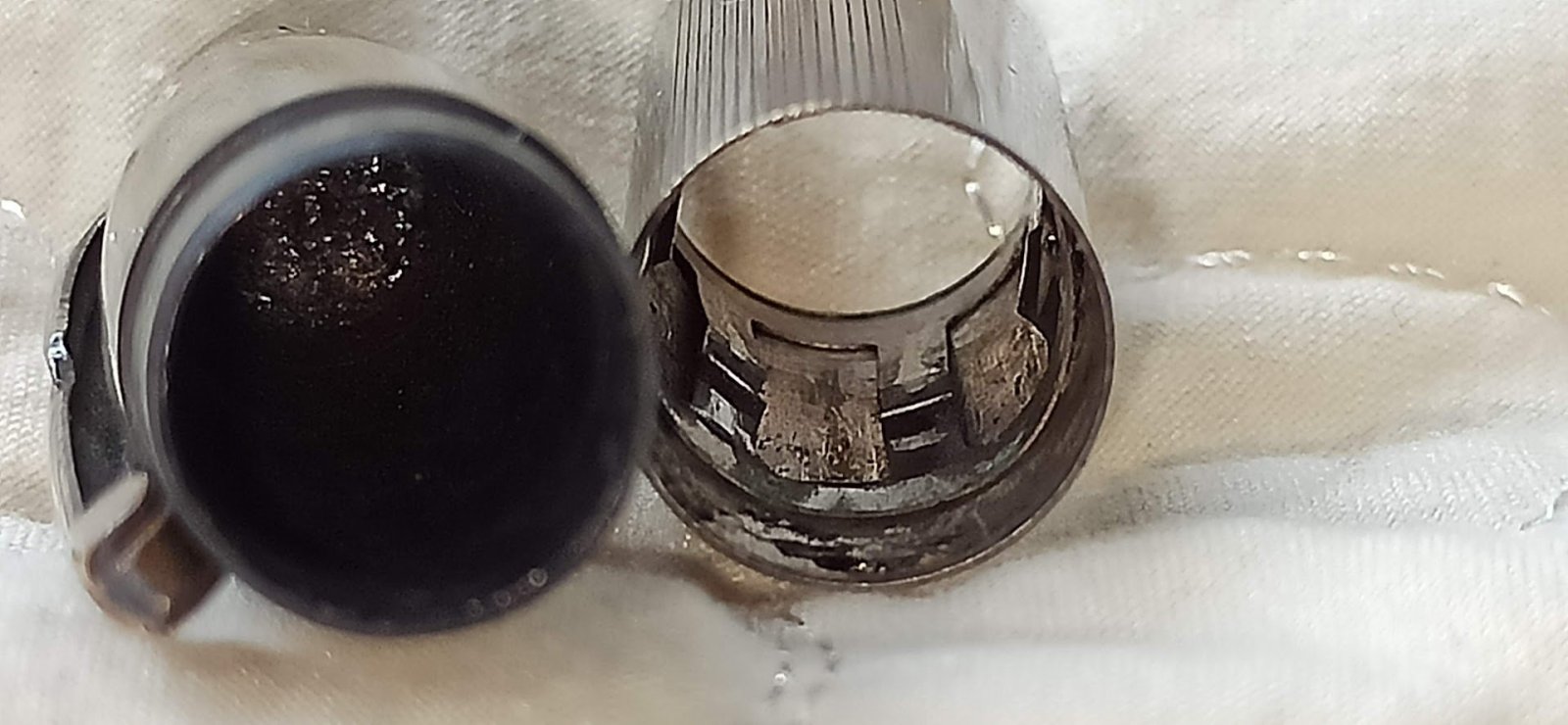Journal with non eternal inks?
-
Forum Statistics
355.1k
Total Topics4.6m
Total Posts -
Member Statistics
128,223
Total Members18,857
Most OnlineNewest Member
TIKIYEON
Joined -
Images
-
Albums
-
more
- By AmandaW,
- 3
- 6
- 93
-
Sheafffer Imperial
- By shalitha33,
- 0
- 0
- 11
-
Dan Carmell
- By Dan Carmell,
- 0
- 3
- 38
-
USG 8
- By USG,
- 0
- 0
- 64
-
waterman 40s
- By shalitha33,
- 0
- 0
- 10
-


















.thumb.jpg.f07fa8de82f3c2bce9737ae64fbca314.jpg)



.thumb.jpg.331e554113c33fb39d5bf3233878978a.jpg)





Recommended Posts
Create an account or sign in to comment
You need to be a member in order to leave a comment
Create an account
Sign up for a new account in our community. It's easy!
Register a new accountSign in
Already have an account? Sign in here.
Sign In Now